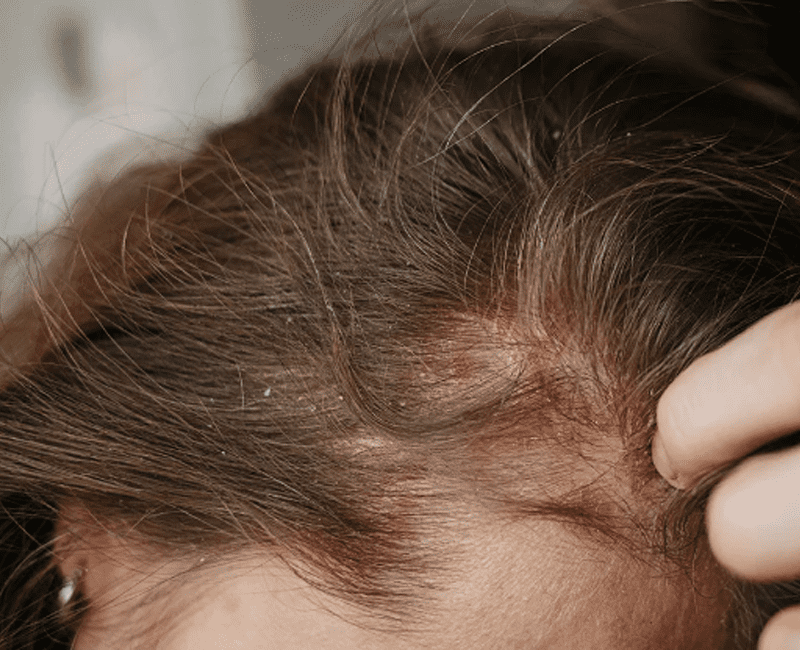
Scalp psoriasis is a chronic inflammatory skin condition that specifically affects the scalp, causing red, scaly patches that can extend beyond the hairline. It is one of the most common forms of psoriasis, affecting nearly half of all people with psoriasis at some point in their lives. While it can be a mild, localized condition, scalp psoriasis can also become severe and widespread, leading to significant discomfort and emotional distress. Understanding the causes, symptoms, and treatment options is essential for effective management.
Scalp psoriasis, like other forms of psoriasis, is an autoimmune disorder. In individuals with psoriasis, the immune system mistakenly targets healthy skin cells, leading to an accelerated production of skin cells. This rapid turnover results in the build up of dead skin cells on the scalp, which manifests as thick, scaly patches. While the exact cause of scalp psoriasis is not entirely understood, several factors are known to contribute to its development:
Diagnosing scalp psoriasis typically involves a physical examination by a dermatologist. The doctor will examine the scalp and may take a medical history to determine if there are any known triggers or family history of psoriasis. In some cases, a skin biopsy may be performed to confirm the diagnosis and rule out other conditions that can mimic scalp psoriasis, such as seborrheic dermatitis or fungal infections.
Scalp psoriasis can have a significant impact on a person’s quality of life, especially if the condition is severe or difficult to manage. The visibility of scalp psoriasis can lead to self-consciousness, social anxiety, and emotional distress. It is essential for individuals with scalp psoriasis to seek support and work closely with their healthcare provider to develop a comprehensive treatment plan.
Scalp psoriasis is a chronic condition that requires on going management, but with the right combination of treatments and lifestyle modifications, it is possible to control symptoms and reduce flare-ups. Early diagnosis and treatment are key to preventing the condition from worsening and improving the quality of life for those affected. By understanding the causes, symptoms, and treatment options, individuals with scalp psoriasis can take proactive steps to manage their condition and maintain healthy, comfortable skin.
Address:
Door No. 8-2-293/82/A/725/A, Beside FMS INTERNATIONAL DENTAL CENTER Road No. 37, Hitech City Rd, near Daspalla Hotel, CBI Colony, Jubilee Hills, Hyderabad, Telangana 500033
Email: [email protected]
Email: [email protected]